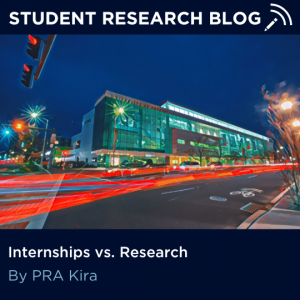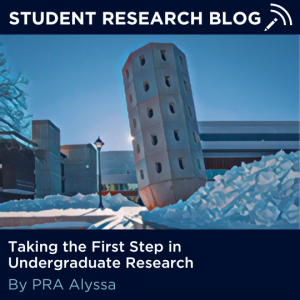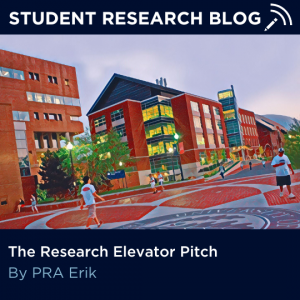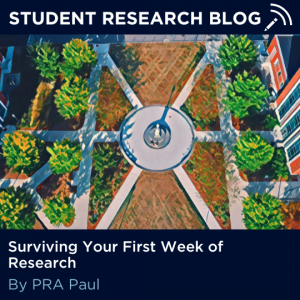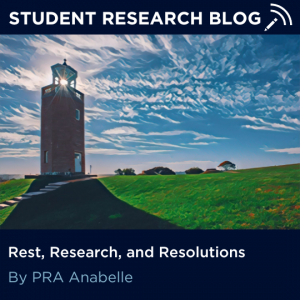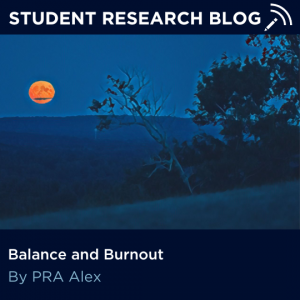By Stephanie Schofield, Peer Research Ambassador
 The minute we step into college, there is an aura of both stress and also of relief. The stress, for many, comes from this daunting, new academic environment we are exposed to. The relief, on the other hand, is from knowing we’ve finally made it. We all fought so hard to get here, many of us spent our high school years trying to earn good grades and also get heavily involved in extracurricular activities to boost our applicant profile. Now that you’re here, extracurriculars don’t matter anymore, right?
The minute we step into college, there is an aura of both stress and also of relief. The stress, for many, comes from this daunting, new academic environment we are exposed to. The relief, on the other hand, is from knowing we’ve finally made it. We all fought so hard to get here, many of us spent our high school years trying to earn good grades and also get heavily involved in extracurricular activities to boost our applicant profile. Now that you’re here, extracurriculars don’t matter anymore, right?
Well, not necessarily! Of course it can depend on the major, but many of us here are either pursuing a job after college or graduate school, like myself. In my last blog, I mentioned my own example of taking a gap year to gain more experience before entering graduate school. People who know me and/or have reviewed my resume and CV before are reading that last entry and last sentence rolling their eyes. Why on earth would I need to gain more experience when I have so many opportunities and experiences already under my belt? For me, it’s not that I need to, but more so, I want to. Continue reading
